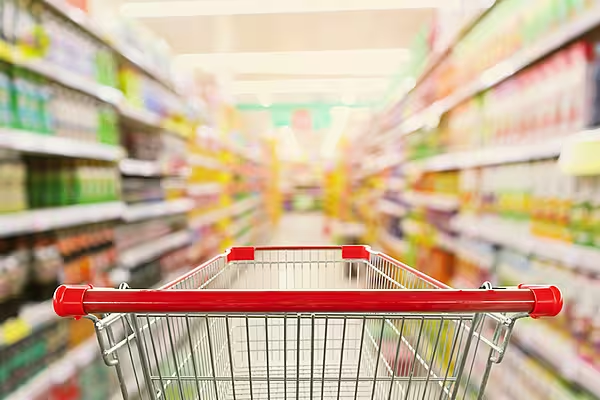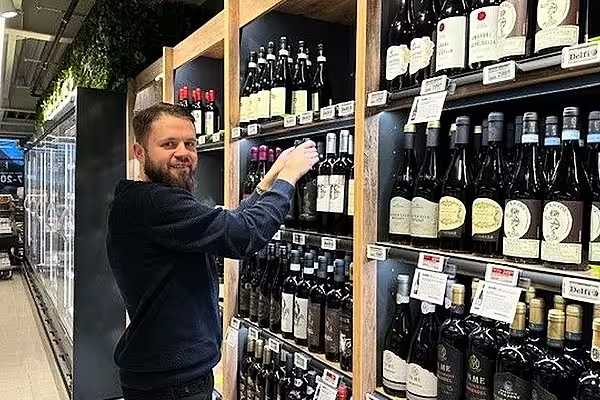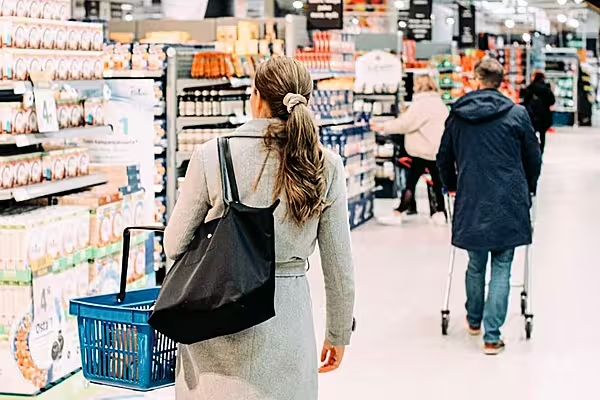In the most recent edition of ESM, as part of our Sustainability 2022 feature, we spoke to a number of top executives working across the global retail and consumer goods landscape about how they are seeking to set a high bar when it comes to sustainability.
Carina Jensen, Group Director Quality and Responsible Sourcing, Salling Group
The COVID-19 pandemic has definitely affected our sustainability initiatives, and mostly we have experienced a slowdown. First and foremost we had to focus on providing a safe shopping environment for our customers and employees; secondly it was essential to establish a stable supply chain. Stability was not an easy task, since many production facilities were shut down from time to time, depending on the COVID situation.
With the shutdowns, it became more challenging to maintain and develop our basic social and environmental requirements, or to initiate any potential new sustainability projects.
That said, it has been, and still is important to us to support our supplier base in the best possible way. During COVID-19, the most suitable support was often to provide more flexibility and time and keep a continuous good dialogue.
Increased Consumer Awareness
The term 'sustainability' covers many areas, i.e. reducing climate impact, ensuring human rights and good working conditions, chemical management, waste reduction, recycling etc. We already see a substantial increase in consumer awareness and interest within different sustainable efforts and initiatives. The general consumer, and in particular the younger generation is today better informed, and information is also extremely accessible.
Sustainability is to a certain degree, in our view, a so-called hygiene factor. It is expected from our various stakeholders that our company performs on a high level when it comes to taking care of our planet and people. At Salling Group, we strive to incorporate sustainability in all operations where it makes sense, and where we can really make a difference.
Simple To Understand
We know from certain customer insights that our consumers are willing to purchase products that care for the climate, but they find it difficult to navigate in the complex environment of information. In our stores, our 'Skyen' climate labelling at category level is to support our customers in the purchase decision, making it easier to pursue a more climate-friendly basket.
Additional we, as the biggest retailer in Denmark, feel obligated to enlighten our customers regarding our assortment’s CO2 emission levels.
The test, which was run in selected Netto stores, showed us that the climate label does affect the average consumer engaging them to buy more from the climate friendly shelves. We acknowledge though that in order for the climate label to reach its full potential it has to be transparent, nationwide and based on accurate data.
Read More: The Private Label Issue – Salling Group
© 2021 European Supermarket Magazine. Article by Stephen Wynne-Jones. For more Retail news, click here. Click subscribe to sign up to ESM: European Supermarket Magazine.














